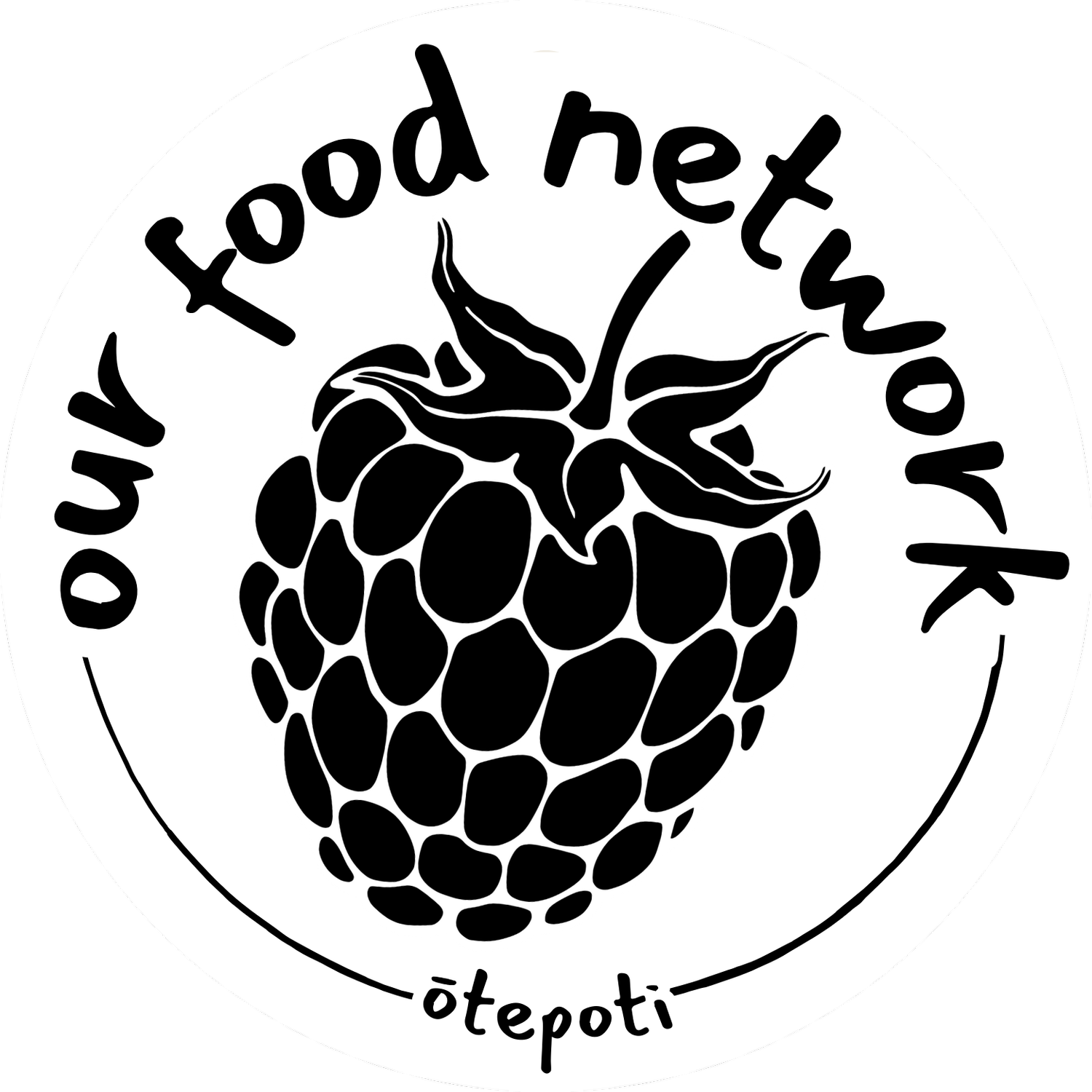Sustainability Neighbourhoods Growing Food, Friendships & Big Ideas at Otago Uni
Student accommodation, and the “student experience” surrounding Otago University, sometimes gets a bad rap in the media. Generalising about entire demographics is always dangerous, however, and the public are not always getting the full story.
There are some exciting initiatives in full swing at Te Whare Wānanga o Ōtākou that are getting many students hyped on sustainability and food resilience.
A shared garden stands ready to be planted.
One of these is the Sustainability Neighbourhood project. This initiative brings students together to have fun and socialise while pondering some really big issues. “Neighbourhoods” are spaces owned, managed and maintained by the University of Otago’s UniFlats that share multiple gardens, hot-house, beehives, and tackle food waste through worm farms and composting.
A shared hothouse partially funded MSD (administered by OFN).
They also host a monthly hui, at which expert speakers give students unique opportunities to learn about different sustainability topics, from waste, to food production, to nutrition and well-being. The students are then encouraged to put this knowledge into action within their neighbourhood, across campus, and take it with them when they head out into the world beyond academia.
The Tētēkura (student lead) of Sustainability Neighbourhood is Demi Lawrence. Demi has first-hand experience of what it’s like living in the Neighbourhood and leading the Sustainability Neighbourhood project throughout 2023. ‘Our neighbourhoods are an awesome opportunity to connect with like-minded, sustainable people. Residents get to be a part of making a positive impact by learning and growing collectively to then share further with other student flats’ says Demi.
Students muck in, accompanied by Student Lead, Demi Lawrence and Head of Sustainability, Ray O'Brien.
With many students living in the UniFlats accommodation for one or two semesters only, there is a kind of “pay-it-forward” culture developing, within which students are often planting crops and tending compost that future students will benefit from. While summer harvesting could be tricky as it’s the time of year when the uni is least populated, international students often stay through much of the summer. This means they get to benefit not only from harvesting the summer bounty, but also the social elements that make the neighbourhood so special.
The Neighbourhoods are just one of many initiatives being thought up and facilitated by Toitū te Taiao / Sustainability Office. Check out their webpage to learn more about the neighbourhoods, Te Oraka (sustainability shop, meeting space, etc.), their podcast, and more.
OFN looks forward to featuring more about the exciting work of Toitū te Taiao so keep an eye out for more stories highlighting the meaningful challenges being put to the status quo by students at Otago University.



